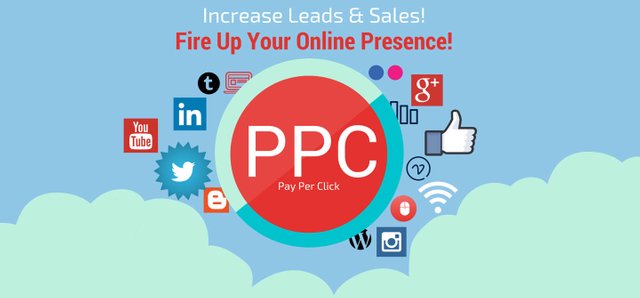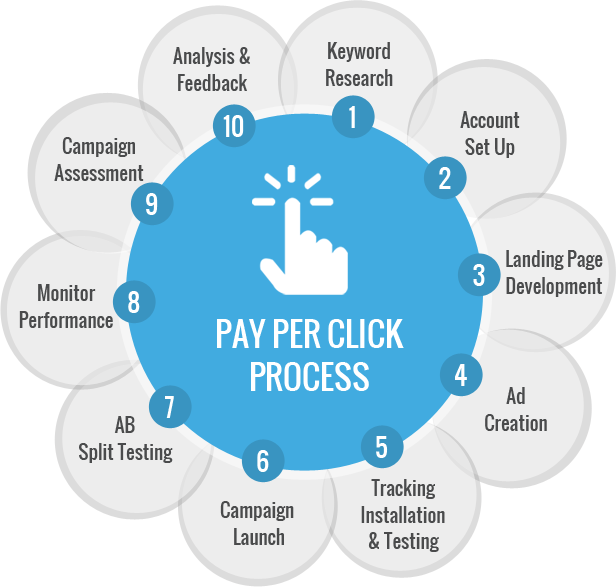Before the Internet, traffic was something that you dreaded every morning on your commute to work. Today, Internet marketing has brought forth opportunities for many people to eliminate that dreadful commute altogether. And traffic is now something that people want lots and lots of, at least when it is coming to their websites.
The Internet has brought forth many changes, and the Web itself is in a constantly changing state. Once a medium that consisted mostly of text and sparse graphics, the Internet has become a multimedia playground full of sights, sounds, and interactivity. New ways to interact with people across town or across the planet are coming about all the time. In order to be successful webmasters, we must not only be aware of these changes, but also use them to our advantage.
Getting lots of high-quality traffic is essential to any website’s success. Traffic generation must be an ongoing effort if it is to produce consistent results. In this report, we will examine some ways to get new visitors and keep them coming back, and what to do with your traffic when you get it.
Getting Your Site Ready for Traffic

The first thing we must do, before we even start trying to get visitors to our websites, is make sure that our website is ready for them. No matter how much effort you put forth or how much money you spend to get traffic coming in, if your visitors do not find what they’re looking for, it’s all for naught. But if you give your visitors what they want, they’ll stick around and come back for more.
If there is one thing that your site needs plenty of, it’s content. Content gives your visitors the information they need, and it gives the search engines what they need to index your site. It doesn’t matter if you’re running a blog, a video website, an ecommerce store or a free music downloads site. Content is truly king, and your site needs lots of it.
That’s not to say that audio and video are a waste of time. They certainly aren’t. They can add a great deal of interest to your website. They can illustrate concepts that you just can’t get across in writing. They give visitors options when it comes to how they receive the information they are seeking. And they provide incentive for other webmasters to link to you.
Adding audio and video to your website, if done properly, can be a major asset.
Something that novice webmasters often overlook is having a clear, easy to use navigation structure. This is one of the most important factors in usability. Once you get visitors to your site, you usually don’t want them to stop at the page they come in on. But if your navigation is a mystery, that’s exactly what might happen. Making your link titles easy to understand (and making sure that it’s clear that they are in fact links) makes a big difference.
It’s a good idea to have your website critiqued before you start driving traffic to it. Even if you just get the opinion of a brutally honest friend, it’s smart to get a view of your site through someone else’s eyes. The reviewer should pay special attention to the aforementioned navigation structure, the site’s readability, and its layout. It’s also wise to check your site in different browsers at different resolutions to make sure that it always looks like it should.
Once you’ve got your site looking good, full of useful information, and easy for visitors to navigate, you can confidently move on to generating traffic. You won’t have to worry about your perfect prospect finding his way to your site, only to turn right around and leave without even looking around.
Search Engine Optimization

Search engine optimization (SEO) is the first step to getting traffic to your website. It will take some time for it to start bringing visitors in, but it is crucial to implement SEO early. The sooner you get your site optimized, the sooner it will start showing up in the search results.
The first step in search engine optimization is determining what keywords you want to target. This may sound simple at first, but it actually requires some careful research. If your keywords are too broad or targeted by lots of other websites, it will be difficult to get good search rankings with them. Targeting niche keywords will bring better results.
There are free online tools that you can use in your keyword research. One such tool is Overture’s keyword research tool. You simply input a general keyword, and it returns the number of times that keyword has been searched for in the past month. It also gives you the results for related keywords. You can use this to make a list of keywords that are both popular and relevant.
Once you’ve made your list, you’ll need to find out how many other sites are ranking for those keywords. A quick Google search will give you that information. Just look for the total number of results in the upper right corner of the page. The best keywords are frequently searched for but have fewer results.
It’s fine to target several related keywords, but each one needs to have its own unique page if possible. This will make it easier to achieve high rankings, and it will create more pages to be indexed. Both are good for your search engine performance.
Now that you’ve decided on keywords, it’s time to get down to business and get them on your pages. Here are the places that keywords should be used:
• Content – All of that content you wrote can be a major asset to your search engine rankings, but only if it is properly optimized with your targeted keywords. They should be used in a natural manner, and their density should be between 3 and 5 percent. It’s also important to use your keywords in headings throughout your content as much as possible.
• Title tags – Including your keywords in the title tags of your pages can have quite an impact on your search engine rankings. The title tag is the piece of code near the beginning of your document’s HTML that dictates what will be displayed in the title bar when the page is shown in a browser. It should be fairly brief, contain targeted keywords, and be descriptive of what is on the page.
• Alt tags – Alt tags are the HTML tags that contain the alternate text to be displayed in place of images if they do not load or if the user’s browser does not support them. Including alt tags that include your keywords and describe the images well can help raise your search engine positioning.
• Keyword and description tags – Once heavily relied on by the search engines, the keyword and description tags now carry little weight in rankings. Unscrupulous webmasters often stuffed them with keywords that were unrelated to the pages they were on, so most search engines have reduced their importance or stopped using them altogether. There are still some that use them, however, so they should be included. But there is no reason to spend a lot of time on them.
• Your URLs – Including keywords in your URLs can increase your search engine rankings. If possible, getting a domain name that includes your keywords will ensure that they will appear in the URL of every page on your site. It’s also very helpful to include targeted keywords in your individual file names. Separating each word with a hyphen is said to provide the best results.
You can do your own search engine optimization, or you can hire a professional to do it. The important thing is that it’s done, and that it includes your keywords in a way that search engines will find them and deem your pages relevant for them. Good natural search rankings are worth their weight in gold, so to speak, because they bring you quality traffic at virtually no cost. The only investment you make is your time, or the fee you pay to have your site optimized.
Pay-Per-Click Advertising

Pay-per-click advertising is one of the most economical paid traffic options. Most often used to get listings alongside natural search results, pay-per- click programs display your ad and only charge you for the actual click-throughs it gets. Most programs let you set a budget that cannot be exceeded, so you don’t end up with advertising costs that you can’t afford.
Pay-per-click ad sales are based on a bidding system. You determine the highest amount you’ll pay for a click, and the provider bids on your behalf to determine where you end up in the rankings. If you want high rankings, you’ll have to bid higher than your competitors.
You can also choose to have your pay-per-click ads displayed on websites. Some search engines, including Google and Yahoo, offer this option. There are also some other companies such as Bidvertiser that specialize in placing pay-per-click ads on websites. The best programs offer some control over where your ads are displayed, but most strive to display them on sites that are relevant to your market.
Pay-per-click programs offer great flexibility. You can tweak your campaigns and change your bids and budget as often as you like. Few paid advertising options offer such capabilities.
Natural search has a bit of an advantage over pay-per-click in that it’s free, but it usually takes a long time for your site to get indexed and move up in the rankings. With pay-per-click, you can have your site in the search results immediately. While pay-per-click shouldn’t replace natural search, it can complement it greatly.

Pay-Per-Lead Programs
Pay-per- lead is similar to an affiliate program, with one notable exception: Your affiliates do not have to sell anything to get paid. So how can this type of program benefit you? It can help you get qualified mailing list subscribers or other types of leads.
Pay-per-lead programs, also known as CPA (cost per action) programs, can pay out for any specified action. Businesses may offer commissions to affiliates who get people to request a free insurance quote, for example. In order to qualify the affiliate for a commission, the leads usually must supply a valid email address or other contact information. This accomplishes two things: It gets traffic to your website, and it gives you contact information to use in follow-up.
In order for a CPA program to be profitable, we must figure out how many leads we need to make a sale. Then we must set our price per lead at a level that will allow us to get that many leads and still come out ahead. For this reason, CPA programs are best suited to websites that are fairly well established and monetized.
good!
Downvoting a post can decrease pending rewards and make it less visible. Common reasons:
Submit
thanks
Downvoting a post can decrease pending rewards and make it less visible. Common reasons:
Submit